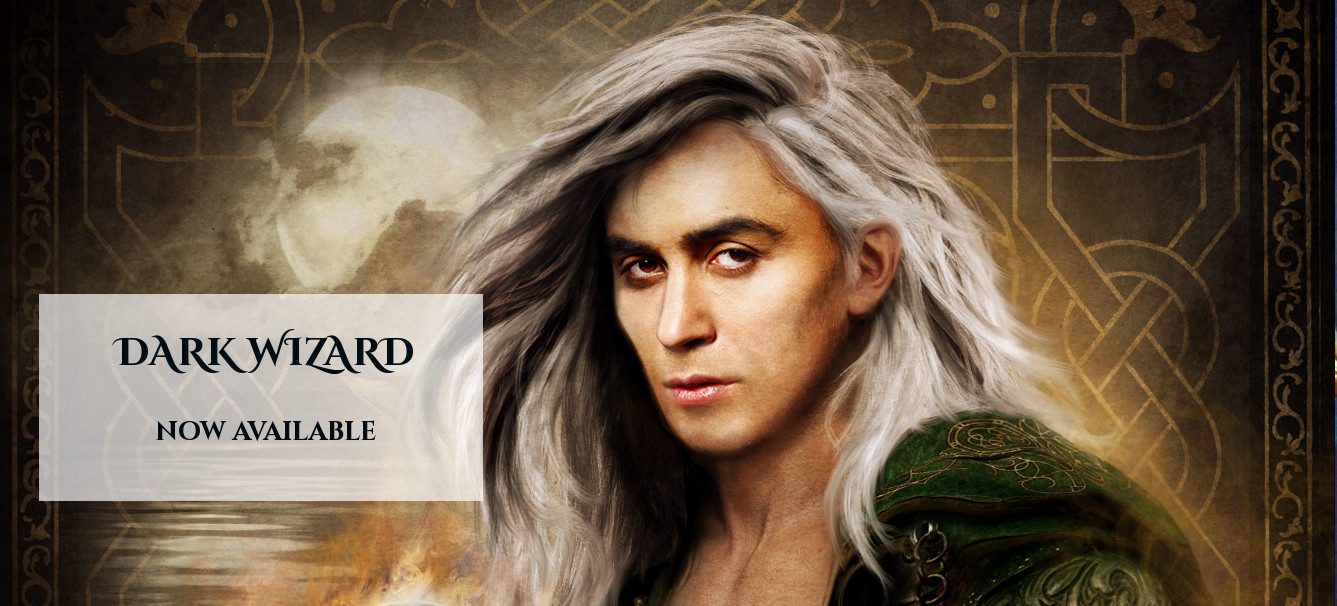
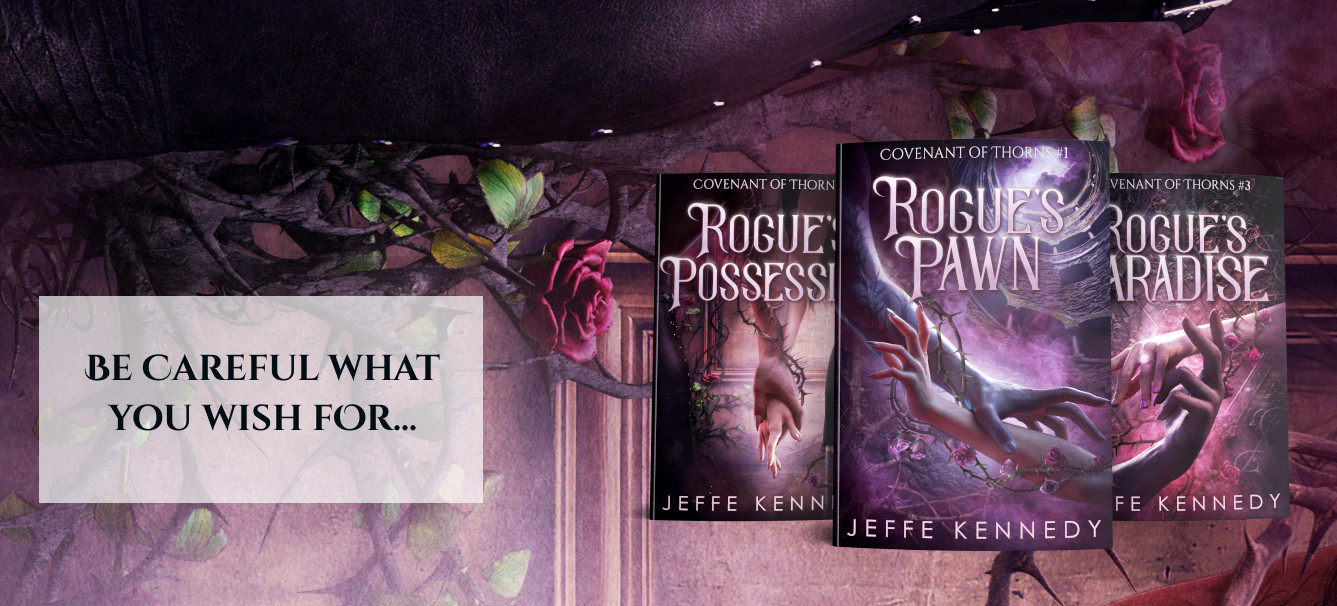
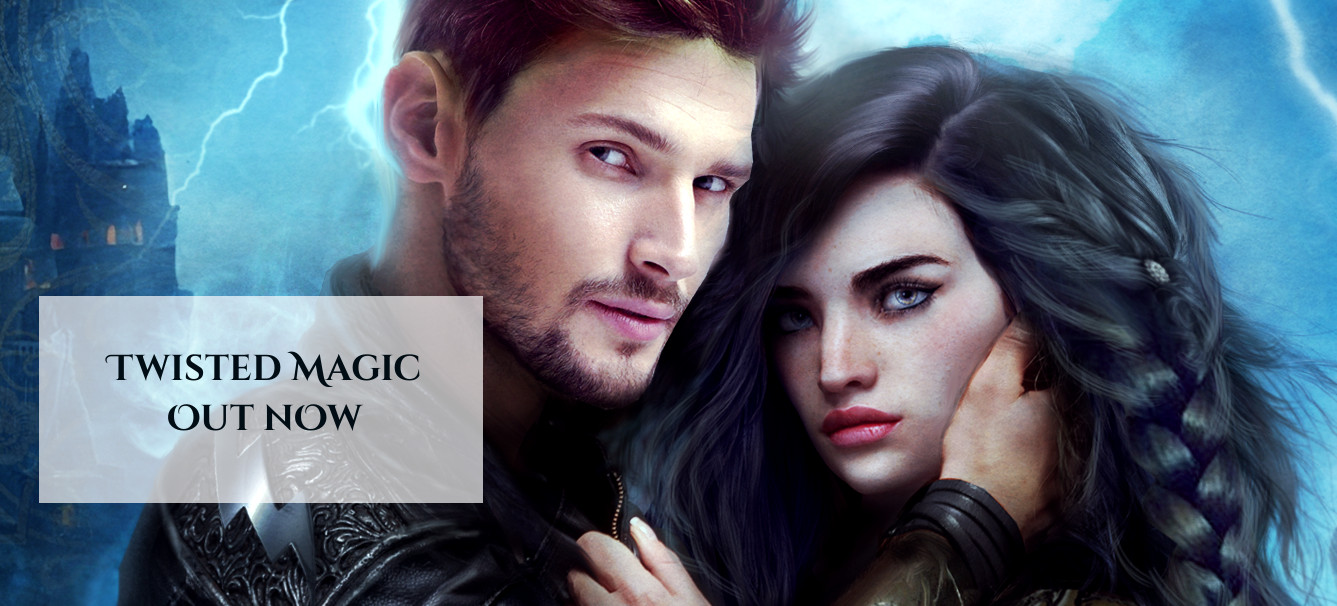
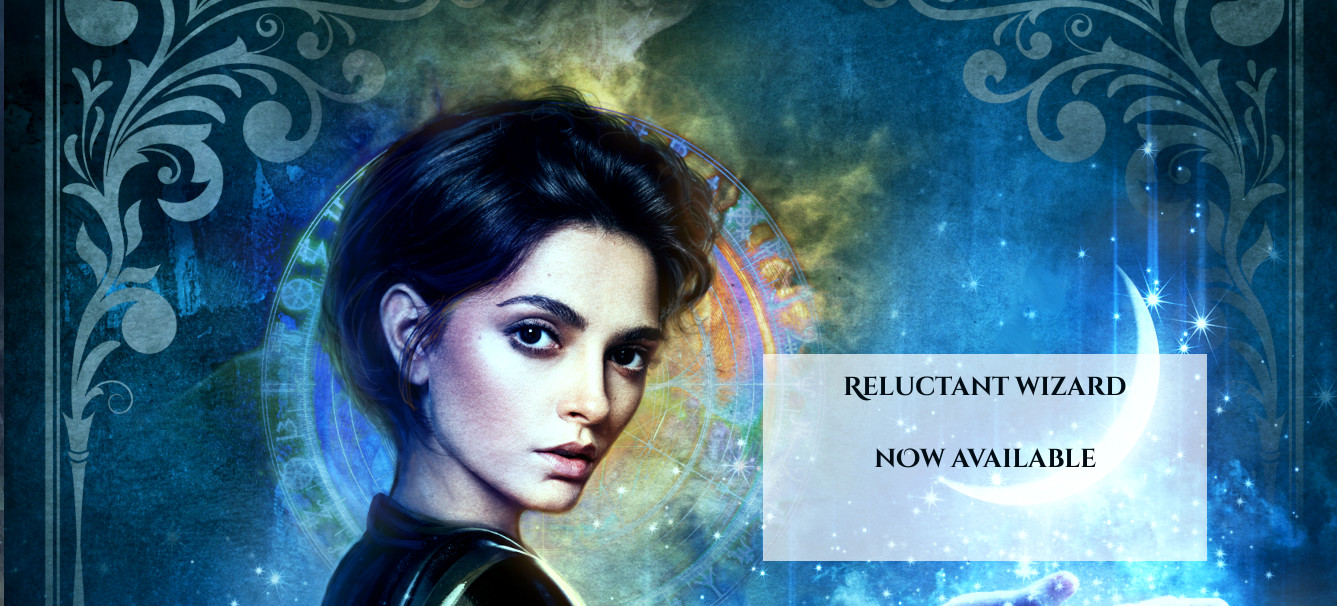
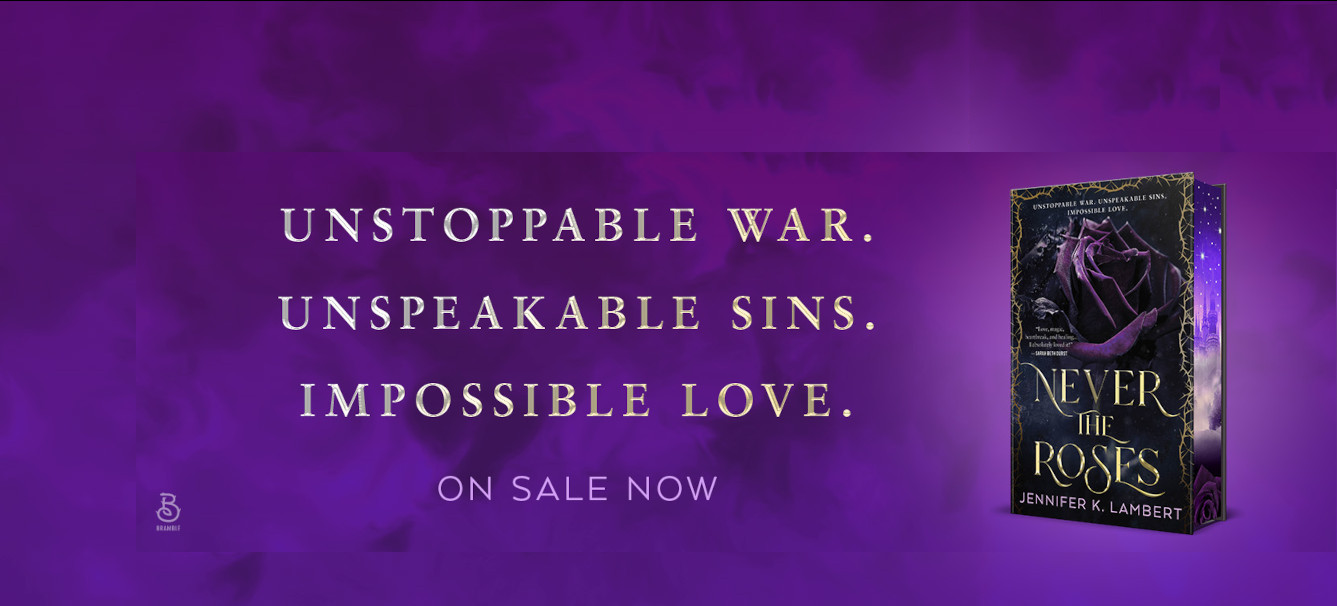
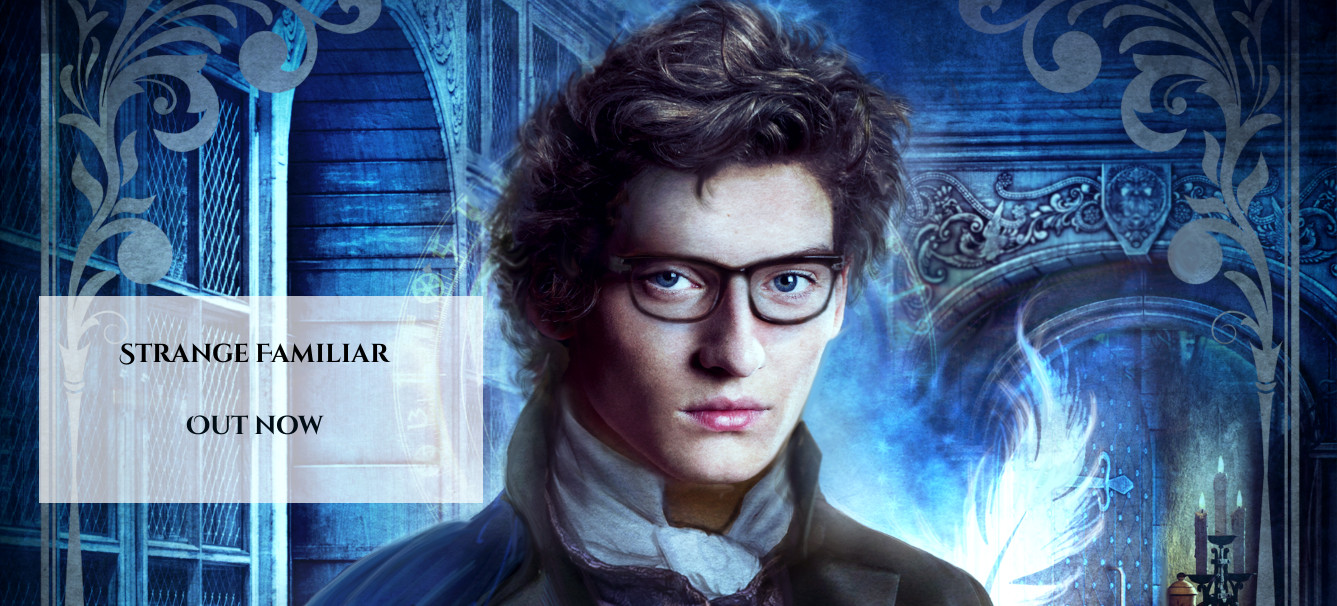
Twelve Kingdoms - Mythology
It should be no secret by now that I love mythology of all kinds. It started with attending Catholic rituals in my tender youth, combined with an early acquisition of a tattered copy of Bullfinch’s Greek Mythology. The two are more closely related than you’d think! I also read all kinds of fantasy with consuming passion, including every fairy tale I could lay my hands on.
Later in life, as I headed to college, my very Catholic grandmother told me that I didn’t believe in the Holy Church because I didn’t know enough about it – so I majored in Religious Studies along with Biology. Being who I am, however (remember that copy of Bullfinch’s?), I took courses in every religious practice the university offered, including one in Greek Mythology! Along with Islam, Judaism, Jewish and Catholic mysticism, oriental philosophies of all stripes and a smattering of others.
In short, my head is stuffed with religious mythologies of all kinds.
So, when I wrote The Twelve Kingdoms books, though I didn’t plan to have a religious mythology as a foundation for the world, I wasn’t too surprised when one developed. I didn’t really draw on any particular legend, religion or mythology, however. One of the beautiful – and liberating – aspects of creating a religious mythology is that it allows an author to comment on the role of belief in our lives without criticizing any particular philosophy.
Because I truly believe there’s no line of belief that’s wrong or another that’s right – the problems come in when people take their beliefs to extremes or try to force them on others.
All that said, I wanted the mythology of The Twelve Kingdoms and Uncharted Realms to be based on goddesses to contrast with the primarily patriarchal religions that dominate our world today. The stories are heroine-centric, so the mythology is infused with the divine feminine also. Sharp readers might recognize aspects of Aprodite, Athena and Artemis in Glorianna, Danu and Moranu.
Though I did a bit of mixing and matching too!
*previously published on Book-A-Holic Anon in 2016*